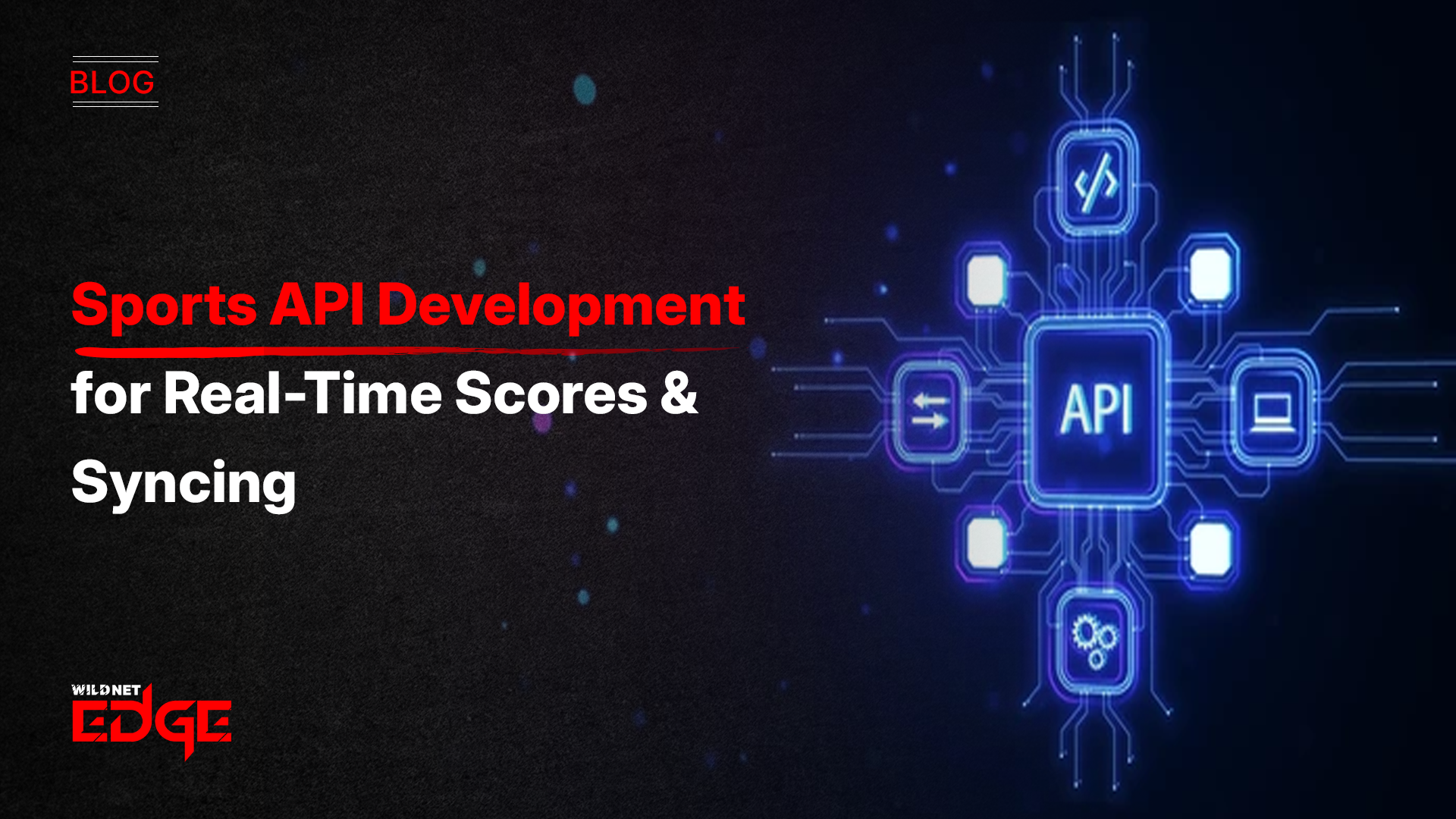In today’s digital landscape, marketers are continuously challenged to create personalized experiences that resonate with their audience. Traditional marketing strategies often lack the depth needed to understand individual customer desires and behaviors. This leads to the critical question: Are your campaigns truly engaging, or are they merely noise in an oversaturated marketplace?
Salesforce AI for marketing emerges as a game-changer, offering innovative solutions to achieve true personalization. By harnessing the power of artificial intelligence, marketers can enhance customer interactions, improve engagement rates, and ultimately drive conversions. This article explores how Salesforce AI can hyper-personalize your campaigns, providing insights into its features, the importance of personalization engines, and the future of marketing personalization.
What Is Salesforce AI for Marketing?
Salesforce AI for marketing is a suite of intelligent tools and features specifically designed to enhance the planning, execution, and analysis of marketing campaigns. It integrates advanced data analytics, machine learning, and predictive intelligence to help marketers refine their strategies and create genuine personal connections with their audience. Through features such as Einstein AI, marketers can tackle the complexities of customer data management and segmentation, leveraging insights to tailor messaging and offerings.
Overview of Salesforce AI Features
Key features of Salesforce AI include:
- Predictive Lead Scoring: Identifies potential customers most likely to convert, enabling targeted marketing efforts.
- Automated Content Recommendations: Suggests personalized content based on user behavior, increasing engagement with relevant messaging.
- Intelligent Data Segmentation: Uses deep learning algorithms to categorize customers into segments based on demographics, behaviors, and preferences.
- Sentiment Analysis: Analyzes customer interactions to gauge sentiment, enabling marketing teams to adjust messaging in real-time.
By implementing these features, marketers can create tailored customer experiences that resonate on a personal level and improve overall campaign effectiveness.
Integrating Personalization Engines with Salesforce
Personalization engines are specialized tools that analyze user data and behaviors to deliver customized content and interactions. When integrated with Salesforce, these engines significantly enhance the marketing automation process. For instance, a personalization engine can track user preferences and interactions across various channels—email, social media, and website visits—enabling Salesforce to deliver tailored content precisely when the user is most likely to engage.
The synergy between Salesforce AI and these personalization engines creates a powerful ecosystem for marketers, allowing for hyper-personalized campaigns. By leveraging machine learning and real-time data, marketers can adjust their campaigns on-the-fly, ensuring each customer receives the most relevant and effective marketing messages.
The Importance of Personalization Engines
Role of Personalization in Marketing Success
Personalization is not just a trend; it’s a fundamental shift in how brands communicate with their audiences. According to recent studies, 80% of consumers are more likely to make a purchase when brands offer personalized experiences. This statistic underscores the necessity for businesses to adopt personalization strategies that cater to individual preferences and needs.
In an era where consumers are bombarded with generic advertisements, personalized marketing stands out by catering to specific interests. This creates a feeling of sincerity and attention, enhancing customer satisfaction and loyalty. Furthermore, brands that prioritize personalization can see enhanced conversion rates, resulting in a significant competitive edge in their respective markets.
Types of Personalization Engines Available
Several types of personalization engines are compatible with Salesforce, including:
- Content Personalization Engines: Tailor website and app content based on user behavior to enhance engagement.
- Email Personalization Tools: Customize email campaigns by segmenting audiences based on previous interactions, ensuring relevancy.
- Recommendation Engines: Analyze user similarities and behaviors to suggest products or content uniquely suited to them.
- Dynamic Targeting Software: Adjusts marketing messages in real-time, allowing for highly relevant and personalized interactions.
By understanding the functionality of each personalization engine, marketers can select the tools that best align with their campaign goals and customer needs, thereby maximizing their marketing efforts with Salesforce AI.
How Salesforce AI Enhances Campaign Personalization
Data-Driven Insights for Targeting
Salesforce AI leverages sophisticated data analytics to inform targeting strategies. By analyzing vast amounts of customer data—including purchasing history, browsing patterns, and feedback—marketers can uncover trends and insights that drive personalized campaign strategies. For example, if data reveals that a specific segment of customers frequently purchases eco-friendly products, marketers can tailor their messaging to highlight sustainable practices and products in upcoming campaigns.
Data-driven insights can also help segment audiences more effectively, improving the overall efficiency of marketing efforts. By understanding which demographics respond favorably to certain types of messaging, brands can allocate resources more strategically and create campaigns that speak directly to their audience’s interests and preferences.
Automating Personalized Customer Interactions
Automation facilitated by Salesforce AI dramatically enhances engagement through personalized customer interactions. Functioning as a virtual assistant, Salesforce AI can trigger responses based on customer behaviors or predefined criteria. For instance, if a customer abandons a shopping cart, Salesforce can automatically send a tailored email reminding them of the items left behind, potentially offering a discount to encourage completion of the purchase.
Real-time interaction capabilities allow businesses to engage with customers precisely when they are most receptive to communication. Whether it’s sending push notifications, chat messages, or tailored email content, automation ensures that customers receive pertinent information when it matters most, thus maximizing the chances of conversion.
Case Studies: Success Stories with Salesforce AI
Example 1: Increased ROI through Personalization
A leading retail brand implemented Salesforce AI to revamp its marketing strategy. By leveraging predictive analytics and personalized content recommendations, the brand successfully increased its ROI by 25% within six months. Using targeted email campaigns that utilized segment-specific messaging, the retailer saw a substantial rise in customer engagement, which directly correlated with increased sales.
The integration of Salesforce AI enabled the brand not only to identify high-value customers more accurately but also to craft personalized messages that resonated with them, ultimately leading to increased customer loyalty and higher overall earnings.
Example 2: Brand Loyalty through Tailored Campaigns
A global travel company utilized Salesforce AI to enhance its customer experience through hyper-personalized marketing campaigns. By employing personalization engines to analyze past customer travels and preferences, the company crafted tailored promotional campaigns that highlighted destinations and offers uniquely appealing to each customer segment.
As a result, the travel company saw a 30% increase in repeat bookings and an uptick in brand loyalty. Customers felt valued and understood, and the personalized touch resulted in both trust and long-term relationships with the brand.
Challenges and Solutions in Implementing Salesforce AI
Common Challenges Marketers Face
While Salesforce AI offers tremendous opportunities for enhancing marketing personalization, marketers often encounter several hurdles during implementation. Common challenges include:
- Data Integration Issues: Aggregating data from multiple sources can be daunting and may lead to inaccurate insights if not handled correctly.
- Team Training and Adoption: Ensuring that the marketing team is adequately trained to utilize Salesforce AI tools effectively can pose a major roadblock.
- Maintaining Data Privacy: With increased focus on data privacy regulations, marketers must ensure they comply while still gathering insights necessary for personalization.
Effective Solutions to Overcome Obstacles
To successfully implement Salesforce AI for marketing, organizations should consider the following solutions:
- Establish Clear Data Strategies: Create a comprehensive data management plan to ensure all data is seamlessly integrated and accessible. Using standardized formats can alleviate some integration challenges.
- Invest in Training Programs: Conduct regular training sessions for the marketing team focused on Salesforce AI features and best practices, fostering a culture of continuous learning.
- Emphasize Compliance: Develop clear guidelines for data privacy and protection to build trust with customers, while still leveraging data for personalization. Staying informed about local and international regulations will ensure compliance.
By addressing these challenges proactively, marketers can ensure the successful implementation of Salesforce AI, reaping maximum benefits from their marketing efforts.
Future Trends in Salesforce AI and Marketing Personalization
Innovations on the Horizon
As technology evolves, Salesforce AI continues to innovate, indicating that the future of marketing personalization will only become more advanced. Upcoming features may include enhanced machine learning algorithms that provide deeper insights, allowing marketers to predict customer behaviors with greater accuracy. Additionally, we can expect further integration of AI-driven chatbots, improving real-time customer interactions significantly.
Moreover, the efficiency of data analytics tools is expected to improve, providing marketers with the tools necessary to derive actionable insights quickly and effectively. With these innovations, Salesforce AI promises even more profound impacts on campaign personalization.
Preparing for the Future of Marketing
To stay competitive, businesses must adapt to emerging trends in marketing technology. Investing in AI-based tools like Salesforce will be essential for organizations looking to elevate their personalization strategies. It’s imperative to embrace a mindset of continuous adaptation and learning, ensuring teams are equipped to harness future advancements.
Staying informed about industry developments will be crucial, as will fostering a customer-centric approach. Companies should prioritize understanding evolving consumer trends to leverage Salesforce AI effectively, ensuring their marketing remains relevant and impactful.
Conclusion
Salesforce AI for marketing plays a pivotal role in hyper-personalizing campaigns, transforming customer interactions into genuine connections. With its powerful features and the synergy of personalization engines, marketing teams can access data-driven insights to create highly tailored experiences. As an AI-first company, Wildnet Edge stands as a trusted authority in navigating these technologies, providing businesses with the solutions they need to succeed in marketing today.
For companies looking to enhance their marketing strategies through innovative approaches, exploring Salesforce solutions can set the stage for future growth and success.
FAQs
Q1: How can Salesforce AI for marketing improve personalization?
Salesforce AI leverages data analytics to create tailored marketing campaigns that resonate with customers’ preferences, ensuring each interaction is meaningful.
Q2: What are personalization engines and how do they work with Salesforce AI?
Personalization engines analyze user data and behaviors, enabling Salesforce AI to deliver customized content and interactions that reflect individual user needs.
Q3: What challenges might I face when implementing Salesforce AI for marketing campaigns?
Marketers often face challenges like data integration issues, the need for team training on new technologies, and maintaining compliance with data privacy regulations.
Q4: Can you provide examples of successful Salesforce AI marketing campaigns?
Yes, companies have reported increased ROI and customer loyalty through targeted campaigns utilizing Salesforce AI, demonstrating its effectiveness in the real world.
Q5: What is the future of Salesforce AI in marketing personalization?
Future innovations in Salesforce AI will likely include enhanced analytics and sophisticated automation, further improving the personalization of marketing efforts.

Nitin Agarwal is a veteran in custom software development. He is fascinated by how software can turn ideas into real-world solutions. With extensive experience designing scalable and efficient systems, he focuses on creating software that delivers tangible results. Nitin enjoys exploring emerging technologies, taking on challenging projects, and mentoring teams to bring ideas to life. He believes that good software is not just about code; it’s about understanding problems and creating value for users. For him, great software combines thoughtful design, clever engineering, and a clear understanding of the problems it’s meant to solve.
 sales@wildnetedge.com
sales@wildnetedge.com +1 (212) 901 8616
+1 (212) 901 8616 +1 (437) 225-7733
+1 (437) 225-7733















 ChatGPT Development & Enablement
ChatGPT Development & Enablement Hire AI & ChatGPT Experts
Hire AI & ChatGPT Experts ChatGPT Apps by Industry
ChatGPT Apps by Industry ChatGPT Blog
ChatGPT Blog ChatGPT Case study
ChatGPT Case study AI Development Services
AI Development Services Industry AI Solutions
Industry AI Solutions AI Consulting & Research
AI Consulting & Research Automation & Intelligence
Automation & Intelligence















